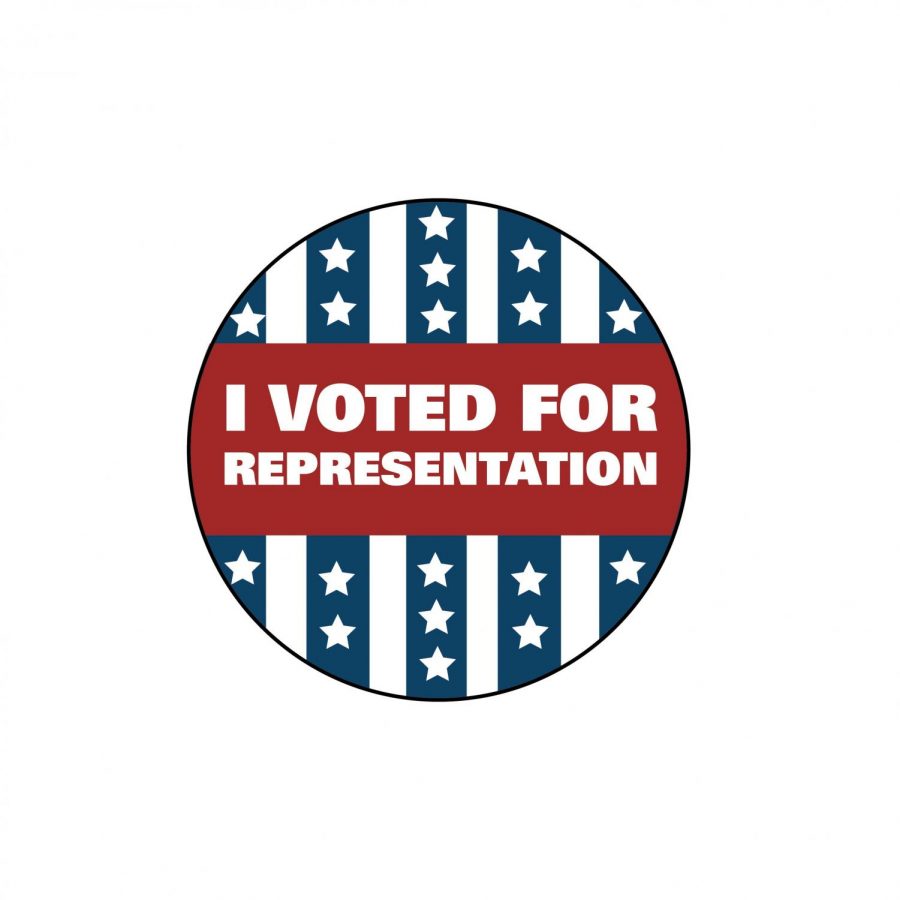Representation voted in after transgender woman’s election
November 13, 2017
What better way to kick off Transgender Awareness Week than by seeing an out-and-proud transgender woman elected into public office, defying the often-hateful rhetoric surrounding the transgender community?
Danica Roem won 54 percent of the vote in the Virginia General Assembly election Nov. 8 against incumbent Robert G. Marshall and became the state’s first openly transgender legislator. Formerly, she worked as a journalist for more than a decade, mostly in her home Prince William County.
Roem’s campaign website gives detailed explanations of her county’s core issues, which suggests her research, writing and interviewing skills since at least two news organizations helped her determine the community’s real needs. Not only is she helping her region, but she’s also changing the perception of journalists as largely untrustworthy, an idea touted by the current administration.
“My job was to know enough about the issues to hold elected officials accountable for what they did, or didn’t do, about them,” Roem says on the site.
Having written many stories on the topics, she will now be able to actively pursue ways to fix Route 28—a busy, frequently congested road she sees as a high priority for Virginia’s 13th District—bring more high-paying jobs to the county, raise teachers’ salaries and Virginia’s $7.25 minimum wage, improve infrastructure, and introduce sexual orientation and gender identity to county schools’ nondiscrimination policy—and that’s just the beginning.
Having a transgender person in office who is open and shows her understanding of a wide range of issues plaguing her community is a crucial step forward in turning misinformed people into allies and highlighting what Transgender Awareness Week is all about.
According to Gay & Lesbian Alliance Against Defamation, Transgender Awareness Week allows transgender and gender-nonconforming people and allies to highlight issues of discrimination, prejudice and violence the transgender and gender-nonconforming communites face year-round.
While running for office, Roem was hit by a steady stream of hatred and discrimination from her opponent. According to reports by The Washington Post, Marshall—a Republican who has served 13 terms and is a blatant adversary of rights for LGBTQ citizens—had been harassing Roem about her gender identity long before the election took place, including referring to her with male pronouns.
Fortunately, Roem is not alone in her fight against this glaring discrimination.
NBC News reported Nov. 2 an upward trend in transgender people running for public office, with at least one transgender candidate each in 30 races for 2017–2018, up from 13 races in 2015–2016. This wave of progress includes Illinois advocacy group Equality Illinois connecting LGBTQ residents to political openings, according to an Oct. 31 Windy City Times article, giving these residents opportunities they might otherwise miss because they are systemically ignored.
All of this sends an incredibly encouraging message to transgender people who have been living in fear since President Donald Trump’s 2016 election. It has provided them with much-needed relief because Roem and other emerging candidates had the odds stacked against them and now stand triumphant, making times ahead seem less hopeless.
Roem’s win and the rising trend of transgender candidacy show there are people brave enough to face hatred to lift up their underserved communities and take measure against bigotry. Most of all, it shows transgender people everywhere they may one day be leaders of their own communities.








